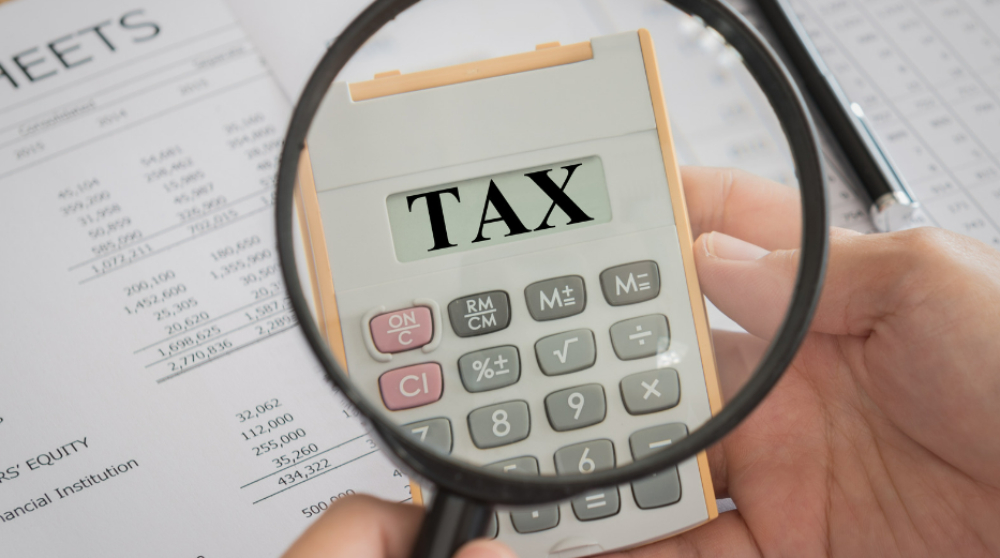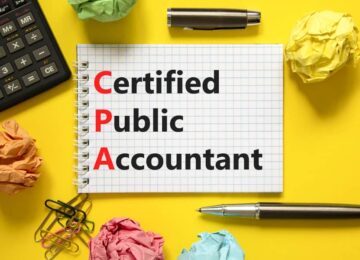Managing a community’s finances is no walk in the park. Homeowners Association (HOA) board members juggle various tasks, including budget planning, deciding on assessments, and paying operational expenses. There’s another crucial aspect that often gets overlooked – HOA taxes. Proper tax management is essential for maintaining financial success. This article will discuss the role of taxes in HOA budgeting and provide valuable tips for achieving financial success.
The Importance of Understanding Taxes
Taxes are a significant expense for any community association. Non-profit HOAs do not have to pay federal income taxes, but they still have to file tax returns and may be liable for state and local taxes. It’s critical for board members to understand the different types of taxes that apply to their association and how they can affect the budget.
Set Realistic Budget Expectations
A practical and comprehensive budget lays the foundation for financial success. Such budgets consider the actual expenses, long-term goals, and even unexpected costs. Here are some guidelines for setting realistic budget expectations:
- Review past financial performance: Analyze and identify trends in income and expenses. Previous budgets may reveal opportunities to cut unnecessary costs or allocate more resources to high-priority areas.
- Account for inflation: Economic changes can impact the cost of goods and services. Adequately adjust the budget to accommodate for inflation and avoid undershooting.
- Set up reserve funds: Allocate a portion of the budget to establish a reliable reserve fund. This serves as a safety net in case of emergencies or unexpected costs.
Regular Financial Review and Adjustment
Regular financial monitoring helps maintain a healthy budget. HOA board members should carefully review financial statements, identifying areas where income and expenses deviate from projections. A periodic assessment helps the HOA take quick actions like adjusting assessment fees, cutting unnecessary expenses, or reallocating funds to cater to emerging community needs.
Effective Communication with Community Members
Transparent and open communication is vital to build trust and maintain satisfaction among residents. All community members should be informed of the financial decisions made by the HOA board. Regular meetings, updates through newsletters, or digital platforms can achieve this. Community members should have the opportunity to voice their concerns, offer suggestions, and contribute to the decision-making process.
Enhancing Financial Literacy
Organizing workshops, seminars, and training programs on finance-related topics can be beneficial to both board members and residents. Empowering individuals with financial knowledge enables the community to make wise decisions, leading to overall fiscal health. Board members can improve their understanding of tax management, budgeting, and financial planning strategies through continuous education.
Partnering with Professionals
Managing the community’s finances is a complex task that requires expertise and experience. HOAs can consider partnering with reputable companies for an HOA tax return to handle tax-related issues. Professional services can help identify deductions and exemptions and ensure compliance with tax regulations.
Wrapping Up
Taxes play a crucial role in HOA budgeting and financial success. Understanding the different types of taxes and setting realistic budget expectations are essential for maintaining a healthy budget. Regular financial reviews, effective communication with community members, enhancing financial literacy, and hiring professional services can also contribute to overall fiscal health. By following these tips, HOAs can achieve financial success and provide the best possible services to their community members.












